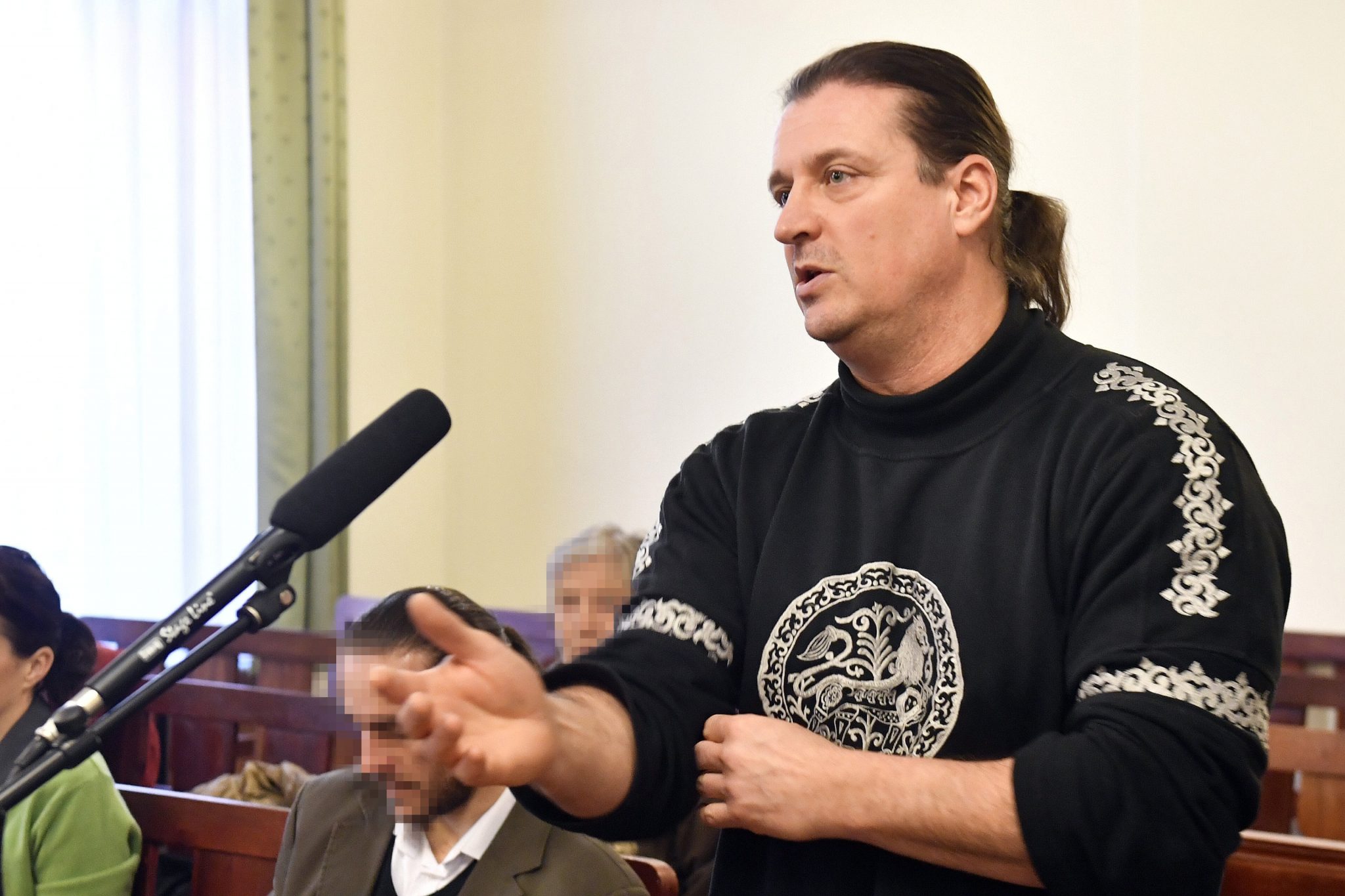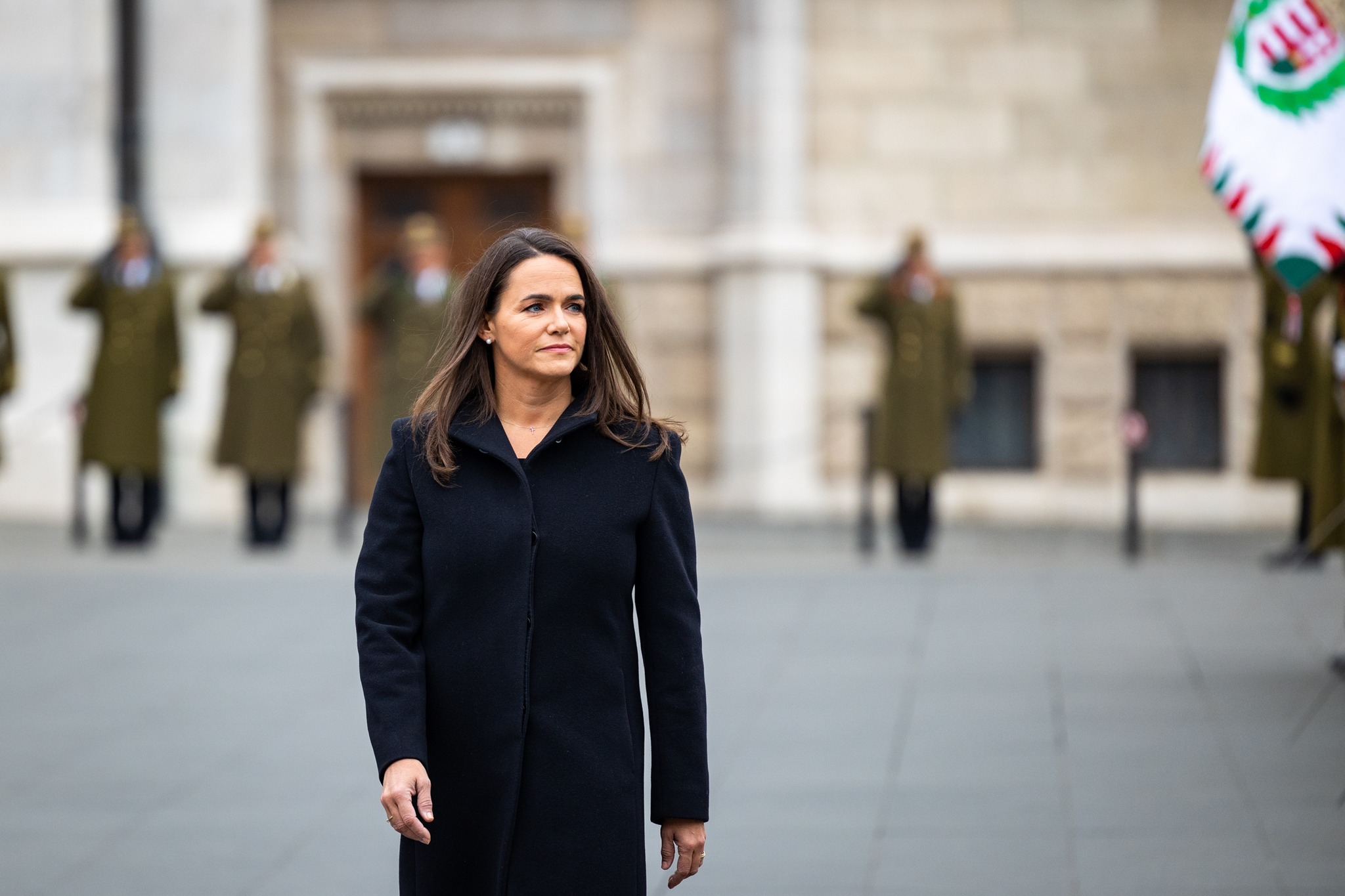
This is a tougher sentence than he was originally given six years ago.Continue reading

The Hungarian President received the pardon applications of the people involved in the “Budaházy case” in mid-December, the office of the President, the Sándor Palace, told MTI on Tuesday. Katalin Novák pardoned seven of the accused, the statement revealed.
“After careful consideration, I have decided to separate the cases of those who were acquitted by the court in the first instance and those where the offense was considered to be of lesser gravity. Further delay in the proceedings would cause them disproportionate harm compared to the penalty that could be imposed. The time spent in pre-trial detention and the 13 years of imprisonment have been a real ordeal for the people concerned and their families. I have therefore decided to grant procedural clemency to seven of them,” the President announced in the statement.
The statement noted that 17 people are still being prosecuted after 13 years in the case and that it is regrettable that the court has not been able to reach a final decision in almost a decade and a half.
Katalin Novák wrote, however, that several of the defendants in the case were charged with serious offences, the court of first instance also found that they had acted in a criminal organization and decided to impose a significant sentence. “The charges in their cases are so serious that I consider it appropriate to decide on their applications for clemency only after a final court judgment,” she added.
The President said that the “Budaházy case” also shows “that the unreasonable delay of judicial proceedings is unacceptable and offends people’s sense of justice.”
I call on the legislature and the law enforcement bodies to take steps to speed up judicial decision-making,”
added Novák.
Reacting to the presidential statement, György Budaházy welcomed and thanked it, and added that he hoped for a further positive decision regarding himself and the other nine accused.
The “Budaházy case” is one of the most well-known cases in Hungary, centered on György Budaházy. He was sentenced to 17 years in prison in March this year, and he started serving his sentence, but was released from prison in October and placed under house arrest. The trial had 16 defendants in addition to Budaházy, and the Metropolitan Court of Budapest first convicted Budaházy and 14 of the 16 defendants in 2016, with the most serious charge being terrorism.
Together with his associates, Budaházy allegedly launched the Hunnia Movement years ago, the aim of which was to continue to stir up tension after the publication of the “Őszöd speech” in the autumn of 2006. The infamous speech was made by former Socialist Prime Minister Ferenc Gyurcsány, who claimed that he and his party had lied to Hungarian citizens for some time.
Budaházy and his associates were accused of openly opposing the government and social groups they did not tolerate. In addition, Budaházy is accused of being the founder and leader of the Hungarians’ Arrows (Magyarok Nyilai) organization, which allegedly carried out Molotov cocktail attacks on the properties of pro-government public figures and MPs between 2007 and 2009.
Budaházy is considered a radical right-wing activist and is accused of terrorism, among other things. He has also repeatedly confronted the government of the day, campaigning, for example, in 2003 against joining the European Union.
Featured photo via Facebook/Katalin Novák